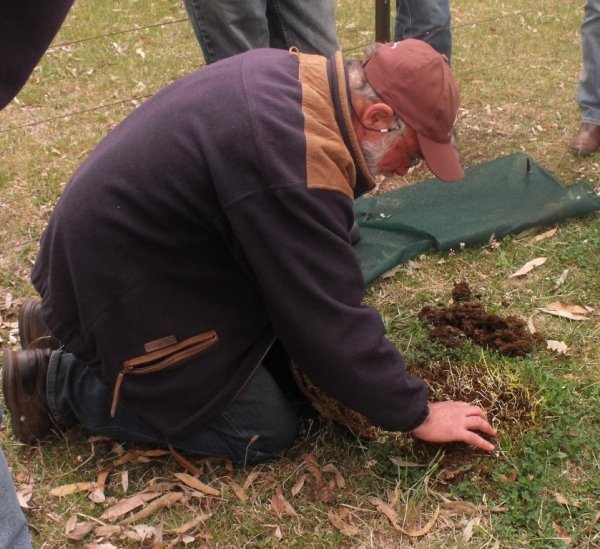The Good The Bad & The Ugly ~ Dung Beetles, Foxes, Neospora & Leptospirosis
Farmers encouraged to recruit Dung Beetles
A group of enthusiastic livestock producers from across the New England attended a field day focused on the positive benefits of dung beetles, challenges presented by foxes and their impact on cattle producers. The half day session was held at the Glen Innes Agricultural Research & Advisory Station with dung beetle expert Dr Bernard Doube from South Australia as key note speaker.
Local New England Livestock Health & Pest Authority rangers, Bob Davidson and Brett Cameron and district vet, Dr Andrew Biddle spoke on the impacts of foxes on all landholders from the killing and maiming of livestock and poultry to the spreading of weeds, parasites and diseases. Studies have shown that rabbits are a small proportion of fox food. They also eat dung beetles and have a big impact on native insects and animals.
Dr Doube gave a very “hands on” talk on dung beetle biology, life cycles and behaviour. Attendees were encouraged to look, feel and participate in activities before going out to investigate a trial set up a few weeks before. Twenty beetles were released at the Agricultural Research Station under shade cloth with fresh dung. The area was dug up at the field day to reveal balls of buried dung containing dung beetle eggs about 30cm below the soil surface.
This was a clear demonstration of the benefits dung beetles bring. These benefits are many and varied, including improving nutrient cycling in the soil, increasing soil carbon, improving water infiltration and soil aeration. They also reduce the breeding habitat for pest flies such as bush fly and buffalo fly which has a major benefit for animal health.
The day was hosted by GLENRAC and funded through an Australian Government Community Action Grant.
